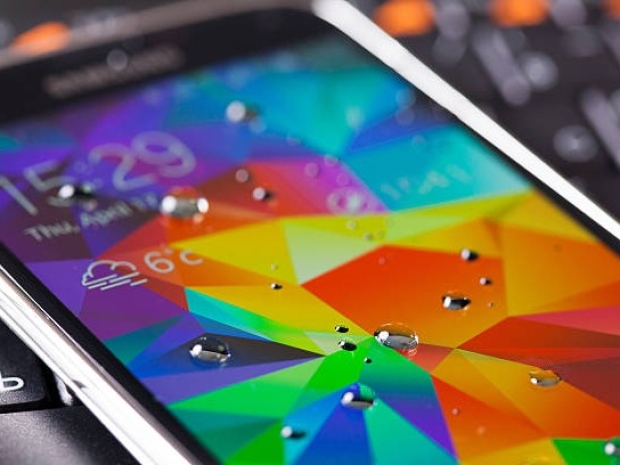Rolling out since 14 April, the update will take a week or more to reach all devices, and users can’t speed up the process. The feature forces a locked device to reboot if it hasn’t been used for three days, shifting it into a secure “Before First Unlock” (BFU) state where only a passcode or PIN can gain access.
This means that fingerprint readers, face unlock, and location-based authentication are disabled — and all stored data remains encrypted. That makes phones significantly harder to crack, even for law enforcement agencies armed with forensic tools.
The move mirrors an iOS feature introduced in version 18.1 that caused grumbling from police in the US who found seized phones suddenly rebooted and inaccessible.
Google has been steadily shifting more control to Play Services to bypass Android’s notoriously sluggish update cycles. Play Services can update in the background across most Android devices without user interaction, giving the company considerable power to push fixes and features at scale.
Besides the auto-restart, version 25.14 also includes minor cosmetic tweaks to settings, tighter links with cars and smartwatches, and better content previews in Quick Share.
There’s no pop-up or message when the update arrives — it simply drops in behind the scenes, beefing up device security while users sleep.

